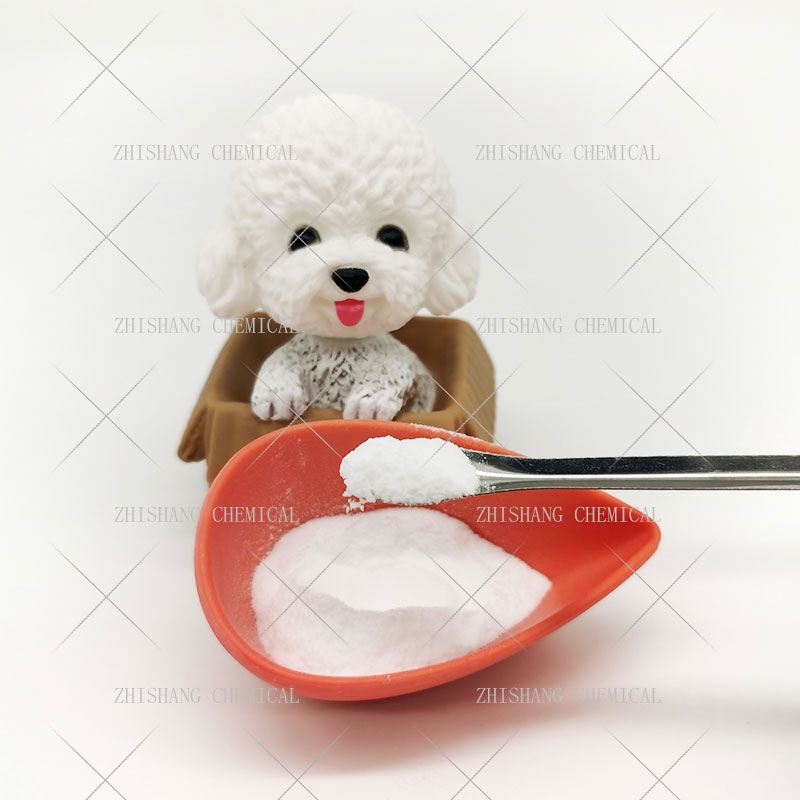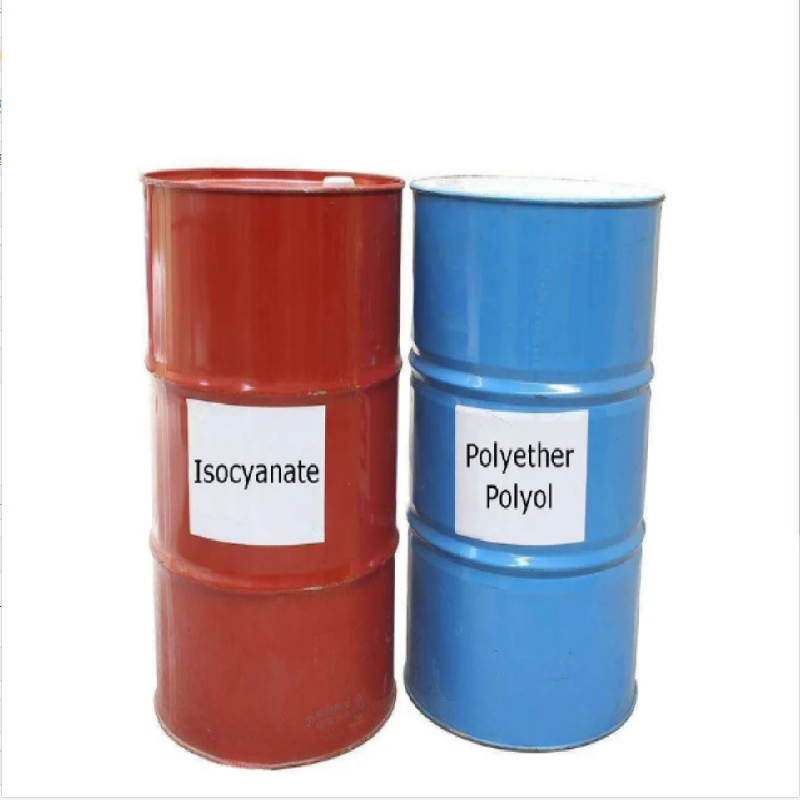-
Categories
-
Pharmaceutical Intermediates
-
Active Pharmaceutical Ingredients
-
Food Additives
- Industrial Coatings
- Agrochemicals
- Dyes and Pigments
- Surfactant
- Flavors and Fragrances
- Chemical Reagents
- Catalyst and Auxiliary
- Natural Products
- Inorganic Chemistry
-
Organic Chemistry
-
Biochemical Engineering
- Analytical Chemistry
-
Cosmetic Ingredient
- Water Treatment Chemical
-
Pharmaceutical Intermediates
Promotion
ECHEMI Mall
Wholesale
Weekly Price
Exhibition
News
-
Trade Service
[China Epoxy Resin Industry Online] January 25, 2005: According to many scientific studies, halogen-based flame retardants have become pollutants that spread everywhere in the daily environment, and the threat to the environment and humans is increasing.
In view of the fact that manufacturing, recycling, or abandoning of home appliances and other consumer products has become the main way for these pollutants to be released into the environment, the EU decided to ban halogen flame retardants from 2006.
In order to protect the environment, some halogen-based flame retardants can no longer be used in the plastic materials of electrical products and building materials (this refers to the plastic surface/shell).
The reason why halogen-based flame retardants are banned in plastic materials is that such flame retardants cannot be recycled, and harmful substances are released during combustion and heating, which threaten human health, the environment, and the next generation.
To the global development trend of reducing and eliminating halogens from plastic materials, we also understand the relevant restrictions of the European Commission directives.
However, the use of halogen flame retardants is still common.
China Epoxy Resin Industry Association ( color="#000000">experts have called out a few days ago, epoxy resin companies will






